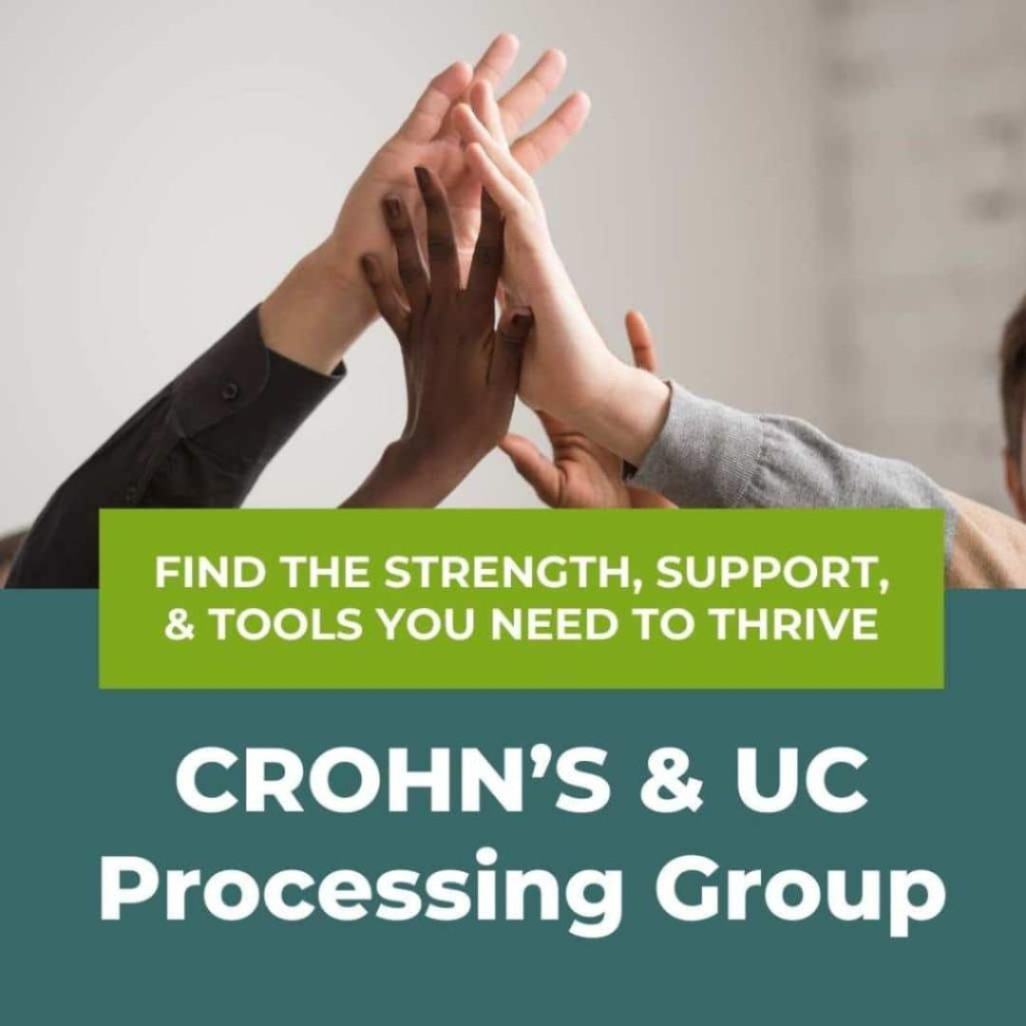January 27, 2020
Starting Therapy: 4 Things To Ask During Your First Appointment
Written by Rachel Eddins
Posted in Emotional & Mental Health and with tags:

Starting the process of going to therapy can feel overwhelming. First, you have to take the big step of checking in with yourself to understand that therapy can help you learn and grow. This can be difficult as there is still a stigma about going to therapy. From there you have to find a therapist you can trust and open up to, usually based on a picture on a listing or recommendation. This sounds more stressful than less right now but take a deep breath, it’s ok. Finding the right therapist can take time and speaking to multiple professionals before you find someone who fits your needs is normal. Let’s take a look at 4 questions you can ask to get a better understanding of if your therapist is right for you.
1. What approach will you take to help me? Do you practice a particular type of therapy?
Different therapies can help different people depending on their personal situation. 3 popular therapy types your therapist may be trained in could be:
Cognitive Behavioral Therapy (CBT)- This is where you work with a mental health counselor in a structured way. CBT helps you become aware of negative or uncomfortable thinking, so you can view challenging situations more clearly and respond to them in a more effective way. Your therapist will help you see how your thoughts impact your choices, mood, and physical wellbeing.
Dialectical Behavioral Therapy (DBT)– This is a comprehensive evidence-based therapy. DBT is a skills-based approach and used to help with out-of-control emotions, negative behaviors, and manage your mood. You and your therapist will work together to balance acceptance with change.
Eye Movement Desensitization and Reprocessing (EMDR)– EMDR therapy aims to help the mind heal from past psychological trauma by overcoming symptoms and emotional distress that is associated with traumatic memories. It is a way to reprocess negative and traumatic experiences to provide lasting relief. It has shown to be effective in treating anxiety, depression, addictions, PTSD/ trauma, among other mental health concerns.
2. Does the therapist have experience in diagnosing and treating the specific condition for which treatment is being sought?
Similar to the first question the person you are seeing may be able to help you more if they have had multiple clients with similar symptoms to you. Here are some possible conditions or problems you may be working through that an experienced therapist may be recommended for
- Depression
- ADHD
- Anxiety
- Bipolar Disorder
- PTSD
- Marriage/ Relationship specific counseling
3. What are the goals of therapy? How will progress be assessed and what happens if you feel you aren’t starting to feel better?
Knowing your therapy goals is important, most people go to therapy and don’t know what the real underlying issue may be. Having open communication and goals sets the tone for both you and your therapist. Positive reinforcement in your progress being shown with milestones is a great way to feel better about your treatment plan and hopefully in general, however, struggling can still occur and that’s ok. By asking when you start therapy what future session will be like can let you know how to guide the appointment if things aren’t going to plan. This also shows your therapist is thinking about your wellness and how they want to see you succeed.
4. Will there be homework?
Some people enjoy the idea of doing work at home to make progress with their therapy goals. Specifically with learning coping skills, doing exercises at home can keep it top of mind for real-world situations. However, for some mental health problems homework may not be the right fit. Sometimes talking it out with your therapist is more appropriate than taking it home with you.
Starting Therapy

These are just a few questions you can ask to make sure your journey through therapy starts off right. Getting help for mental and emotional problems can be a long process but remember your therapist, counselor or mental health professional only wants to help you grow and build your emotional skill set.
Eddins Counseling Group, in Houston, TX has specialists in adult, child, teen, family, couples, and career counseling. Call us today at 832-559-2622 or book an appointment online.
Author Bio:
Matthew Boyle is the Chief Operating Officer of Landmark Outpatient Services, a new psychiatrist in Louisville, KY. Matthew graduated from Duke University in 2011 and has worked in the healthcare industry ever since.
Grounding & Self Soothing
Get instant access to your free ebook.
Why You Feel This Way
Get instant access to your free ebook.






















